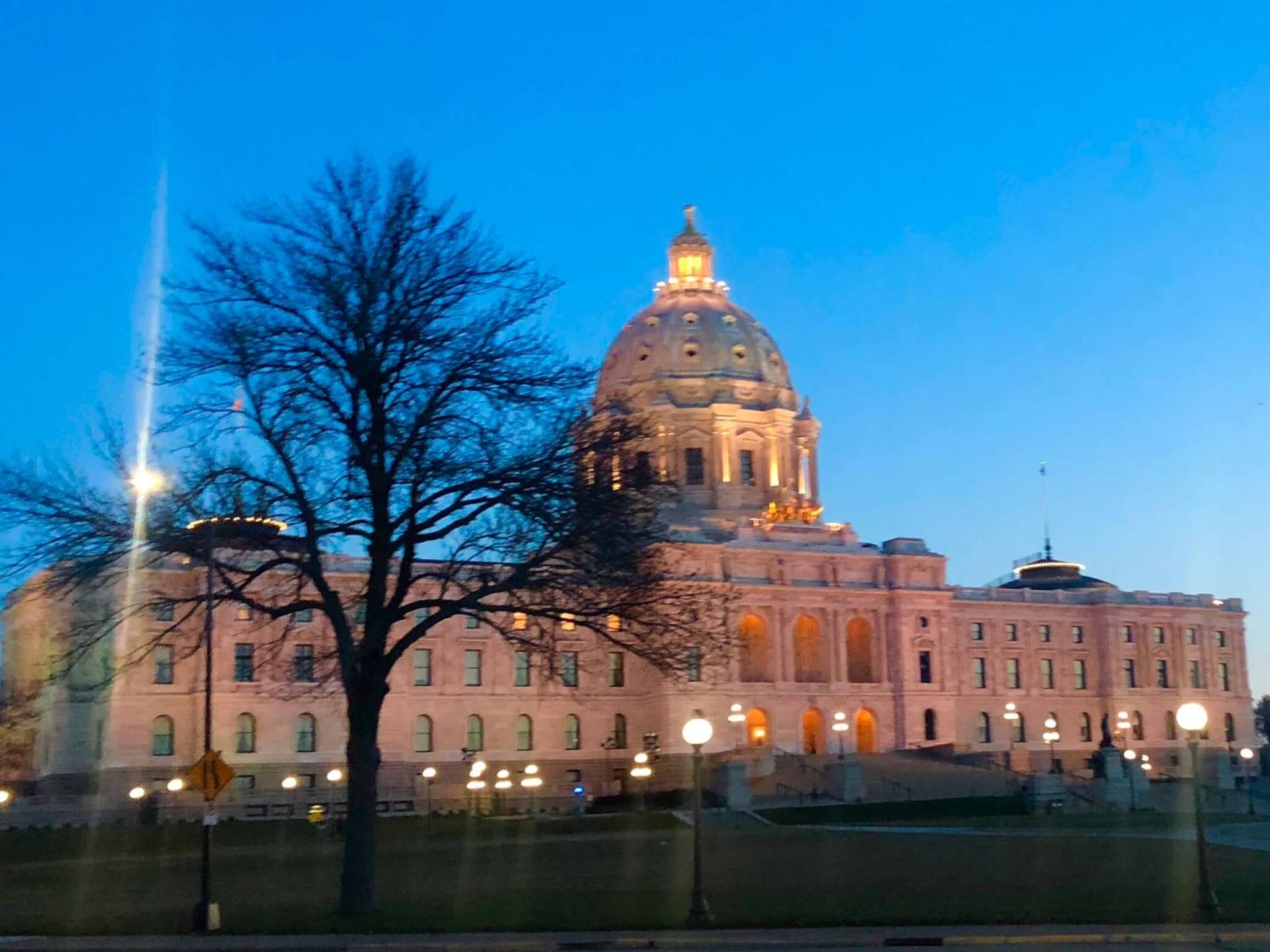The 2020 legislative session ends. But a special session is ahead.
It was a big week of executive action for DFL Gov. Tim Walz, who announced his extension of emergency powers - though he has allowed the Stay at Home Order to expire - and then appointed a new state supreme court justice. But the legislative session ended with a whimper, without a bonding bill for state construction projects, which was the main goal for lawmakers and the governor. The House and Senate each failed to muster the supermajorities necessary to pass the bills that ranged from almost $1 billion in the Republican-controlled Senate to more than $2 billion in the DFL-controlled House. A special session should begin on June 12th.

Republican House Minority Leader Kurt Daudt had said that his caucus wouldn't provide the supermajority votes if the governor extended his emergency powers. In the final hours of the session he said, "We’re working to get a bonding bill done, if not in a special session, as soon as we can."
Senate Majority Leader Paul Gazelka concluded that the global pandemic has made this the most unusual session in state history: "Everything is different here. In my lifetime, we've never been near this length of emergency powers, if ever."
In the wake what once looked like a healthy state budget surplus pre-COVID-19, one issue remained true: Minnesota’s infrastructure is aging, and several projects across the state could benefit from bonding money. Mary Lahammer accompanied lawmakers on a trip to southern Minnesota to learn more about the area’s needs.
As part of her reporting on the impact of the coronavirus in Minnesota, Mary Lahammer spoke with Commissioner of IT Services Tarek Tomes on the ways in which the pandemic has put a spotlight on the state’s already challenging inequities. One issue that laced through their conversation? Minnesota’s growing digital divide.
